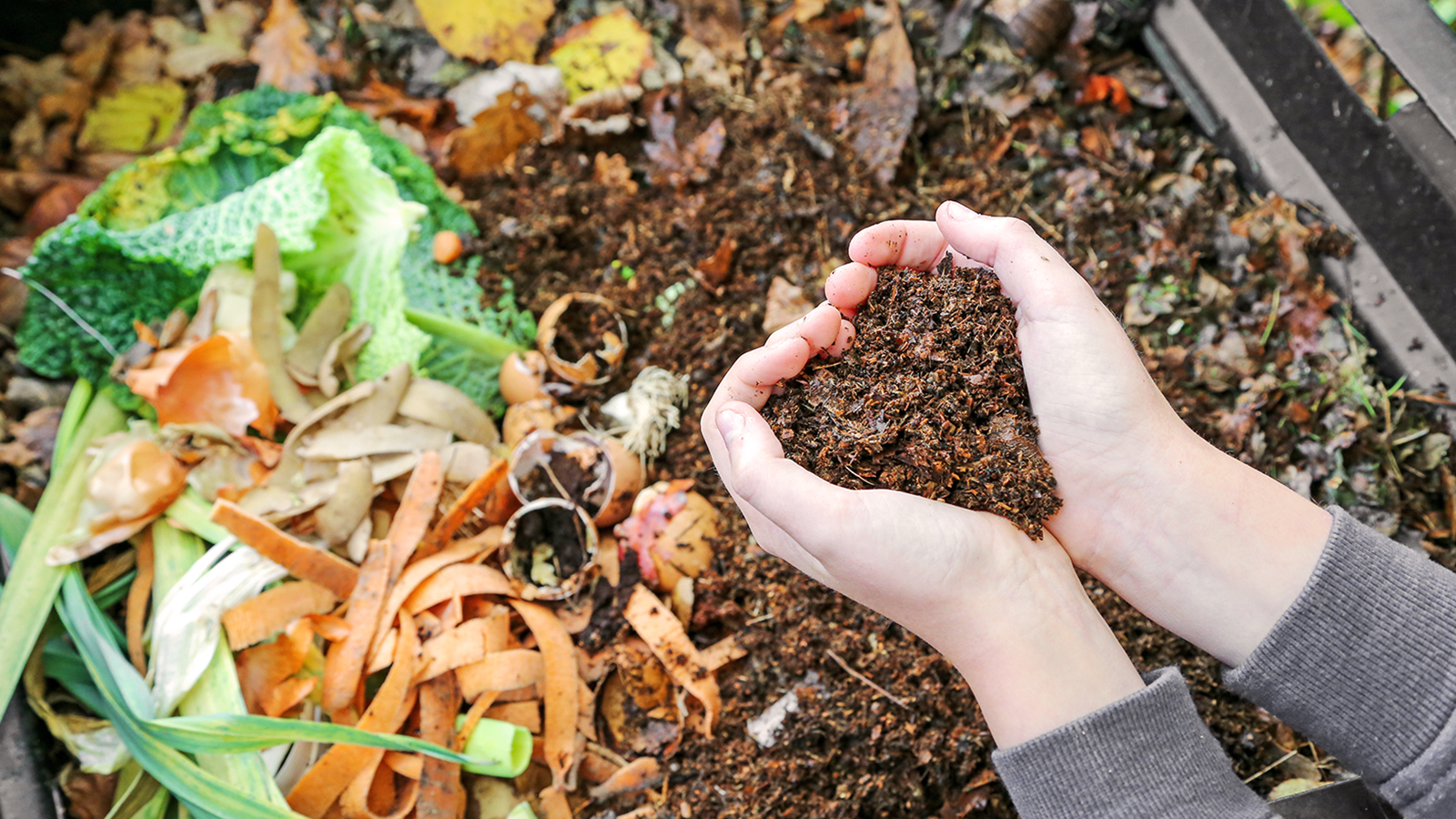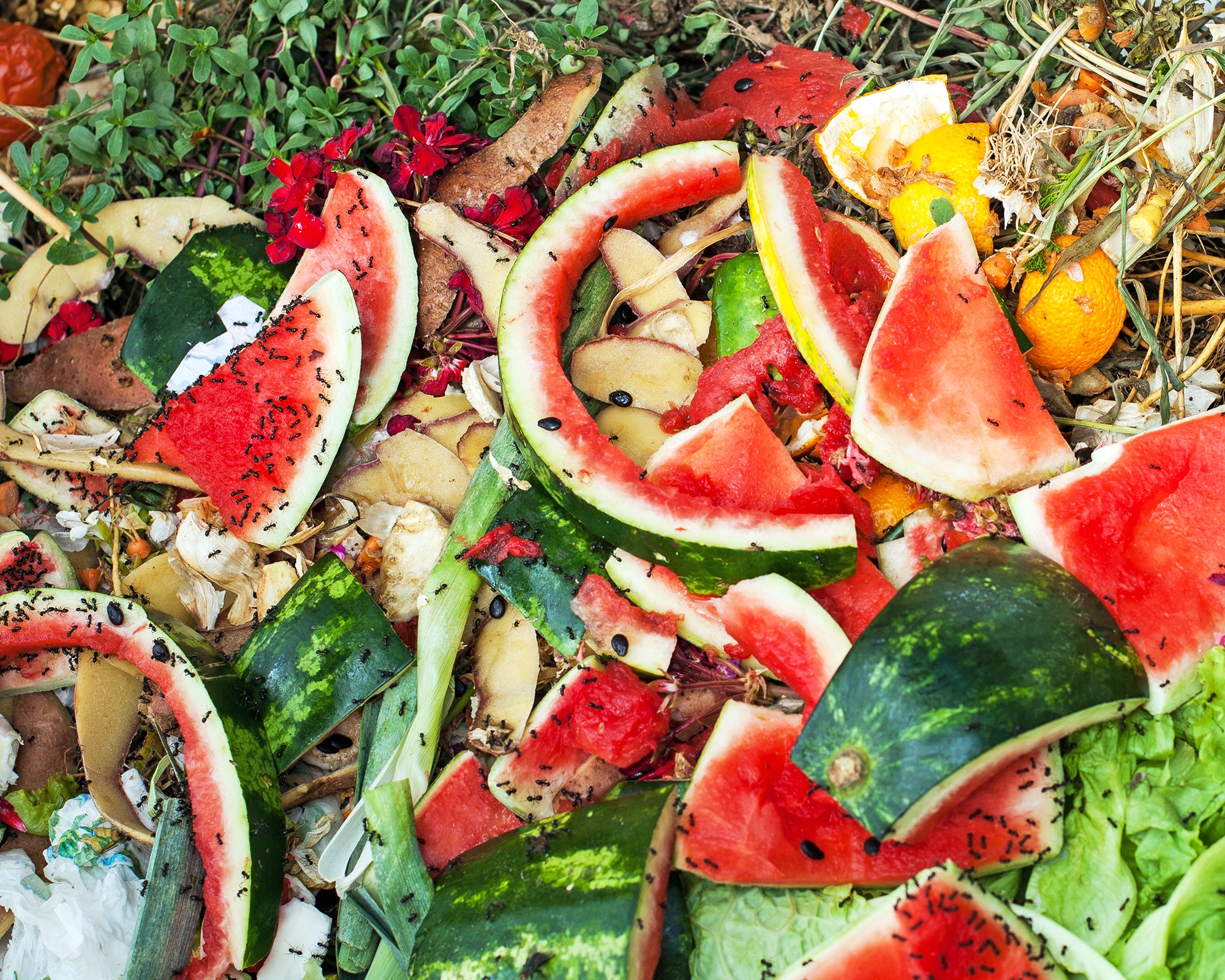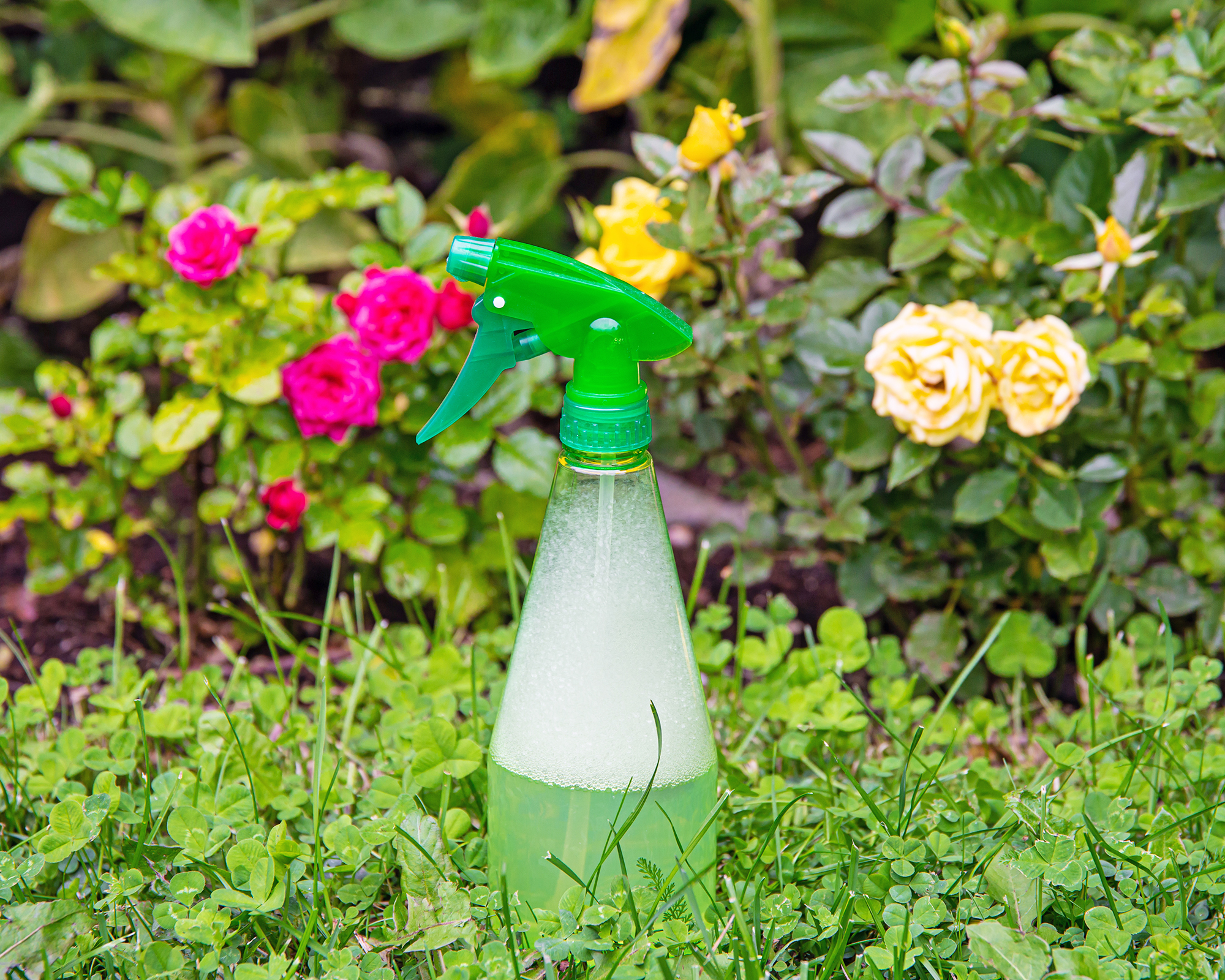DIY Anti-Bug Compost Spray Recipes: Natural Solutions To Keep Pests Out Of Your Bin
Tired of finding pests in your compost? Try these simple, natural spray solutions to keep bugs at bay without hurting beneficial insects or microbes.


Sign up for the Gardening Know How newsletter today and receive a free copy of our e-book "How to Grow Delicious Tomatoes".
You are now subscribed
Your newsletter sign-up was successful
Homemade compost, affectionately known as black gold, is a secret weapon of some of the best gardeners. It’s the nutrient-rich material that results from the breakdown of organic materials, like kitchen and yard waste. But how does all that material break down? Microbes do much of the work – little organisms you can’t see. Larger creatures, like worms and insects, also help make compost. To keep piles productive and pest-free, many gardeners turn to an anti-bug compost spray to help strike the right balance.
The truth is, not all critters in your bin are bad. In fact, some bugs in compost play an essential role in breaking down organic matter. Others, though, are warning signs that something's off. Too many flies or roaches? That could mean excess moisture or the wrong composting ingredients. If you're just learning how to compost at home, it's important to identify and troubleshoot composting problems so you can get your pile back on track quickly.
Keeping compost healthy and pest-free doesn't have to be complicated. A few adjustments – and the occasional natural spray – can work wonders.
Beneficial Critters in Compost
Some insects and other critters are actually helpful in the process, actively breaking down waste to make compost. Unless their numbers get out of control or they become unsightly, don’t worry about these:
- Earthworms are highly beneficial in compost and are used in vermicomposting. Red worms are the specific type of worms you want in compost. They quickly break down organic material and leave behind nutrient-rich worm castings.
- Isopods are crustaceans. The types you might see in compost are pill bugs (rollie pollies) and sowbugs. They eat decaying organic matter and help create compost.
- Millipedes also consume decaying matter to help make compost. Don’t confuse millipedes with centipedes, which eat other insects, including beneficial ones. Centipedes love moisture, so their presence could indicate your compost is too wet.
- Soldier flies are different from houseflies. Both are attracted to decaying matter, but soldier flies are not likely to invade your home, so they can be useful in breaking down material in your compost pile. You don’t want their numbers to get too high, though.
Common Pests in Compost
These insects and other types of critters are purely pests in compost:
- Ants do nothing to break down organic material and typically indicate your compost pile is too dry.
- Houseflies can help break down organic matter, but they are also pests in that they are unpleasant to have around. This is especially true if the compost pile is inside or close to the house.
- Cockroaches, like houseflies, do help break down material in the compost pile, but most people don’t really want them around.
- Mammals such as rats, raccoons, and other small mammals are definitely not critters you want hanging around your compost pile. They are typically drawn to the smell of decaying food that they can eat.

Preventing Pests in Compost
The best way to eliminate unwanted pests from your compost is to prevent attracting them. Maintaining a healthy, balanced pile with the right compost temperature and moisture level goes a long way to preventing pests.
Check your compost regularly for moisture levels and pests. When composting food waste, break it down into smaller pieces. Cover it with plant waste or mix it into the middle of the pile. Never add meat, dairy, or foods with oil and fat. These are very attractive to mammals.
Sign up for the Gardening Know How newsletter today and receive a free copy of our e-book "How to Grow Delicious Tomatoes".
Keep compost well away from the house to avoid insects that are not necessarily pests, but that you don’t want in your house. Also, keep it away from other sources of food that might attract animals.

Natural Anti-Bug Compost Spray Recipes
Even with good composting practice, you might get pests in your compost. You might also end up with an overabundance of some insects that are beneficial but unsightly. Never use chemical pesticides on your compost. You don’t want these products ending up in the compost and then in your garden soil.
Instead, use natural, organic products or make your own recipes to deter pests. Neem oil and insecticidal soaps are examples of commercial products that are natural and can help keep pests at bay. Also, try these homemade anti-bug compost spray recipes:
- DIY insecticidal soap can be made by mixing water, liquid dish soap, and a deterrent, like cayenne pepper. The pepper deters pests while the soap helps it stick to the compost.
- Essential oils offer another way to deter pests, as they don't like the scents. Mix a few drops of essential oil into water with a little dish soap to make a mix that will stick to the compost and keep pests away. Try cedarwood, lemongrass, eucalyptus, citrus, or peppermint.
- White vinegar is attractive to flies, but you can use this fact to trap and kill them. Set up dishes in or near the compost with water, a little dish soap, and vinegar. The vinegar attracts them, and the dish soap causes them to sink in the water.
- Diatomaceous earth sprinkled over your compost pile will kill insects and soft-bodied critters, like slugs. Unfortunately, it will also kill beneficial insects and worms, so use it sparingly. Sprinkle it on the surface to manage maggots or an overabundance of flies, or cockroaches. Use food-grade diatomaceous earth only, which is safe for people and pets.
Keeping pests away from compost can be challenging. These natural alternatives to more drastic chemical measures should help. The best solution, though, is prevention through careful management of your compost pile.

Mary Ellen Ellis has been gardening for over 20 years. With degrees in Chemistry and Biology, Mary Ellen's specialties are flowers, native plants, and herbs.